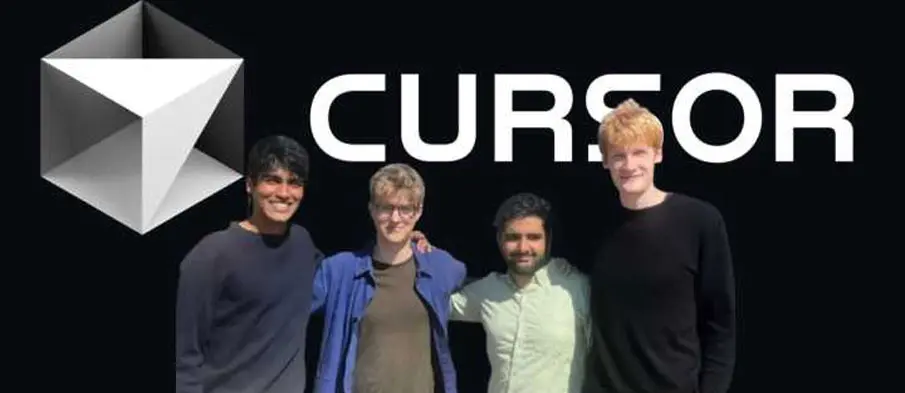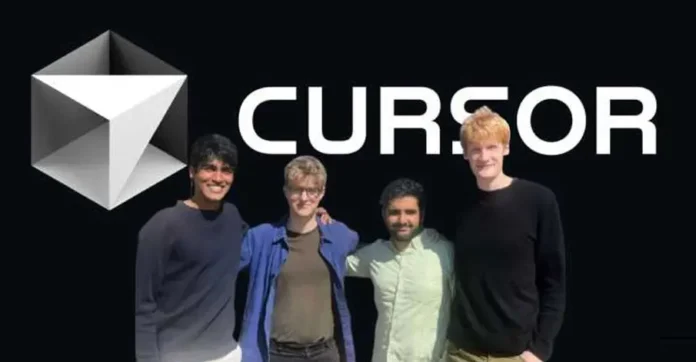
Cursor has secured a massive $2.3 billion Series D round, pushing its valuation to $29.3 billion and drawing new backing from NVIDIA, Google, and Coatue Management alongside existing investors. The company said the funding will fuel deeper research and “build Cursor’s next magical moments” as it continues its mission to create an AI-native development environment where “it’s impossible to write bugs.”
This latest raise marks a defining moment for Cursor, which has quickly emerged as one of the most influential players in AI-powered software development. The company’s rapid growth is supported by a workforce of more than 300 engineers and over $1 billion in annualised revenue. Cursor says its tools are used by millions of developers worldwide, including some of the largest and most sophisticated engineering teams. Its proprietary models are now responsible for generating more code than nearly any other large language models, driving what the company describes as a shift in how modern software will be produced.
Cursor’s expansion comes as academic and industry research increasingly validates the platform’s real-world impact. A new study by Suproteem Sarkar at the University of Chicago provides some of the strongest evidence yet of meaningful productivity gains within engineering workflows. The research highlights a 39% increase in merged pull requests among teams using Cursor and notes that senior and experienced developers are showing a higher tolerance and acceptance for agent-generated code. Importantly, the study also reports that code quality remains stable, addressing a common concern about the trade-offs between speed and correctness when integrating AI into software creation.
The combination of substantial funding, adoption by global engineering organisations, and research-backed performance improvements positions Cursor to advance its long-term goal of redefining the development lifecycle. As the company ramps up investment into its in-house model research and AI-assisted tooling, it aims to bring the industry closer to a future where intelligent agents handle a significant share of coding tasks—reducing errors, accelerating delivery, and reshaping the role of developers.
Backed by new strategic partners and strengthened technical ambitions, Cursor appears set to drive the next major evolution in AI-assisted engineering.





